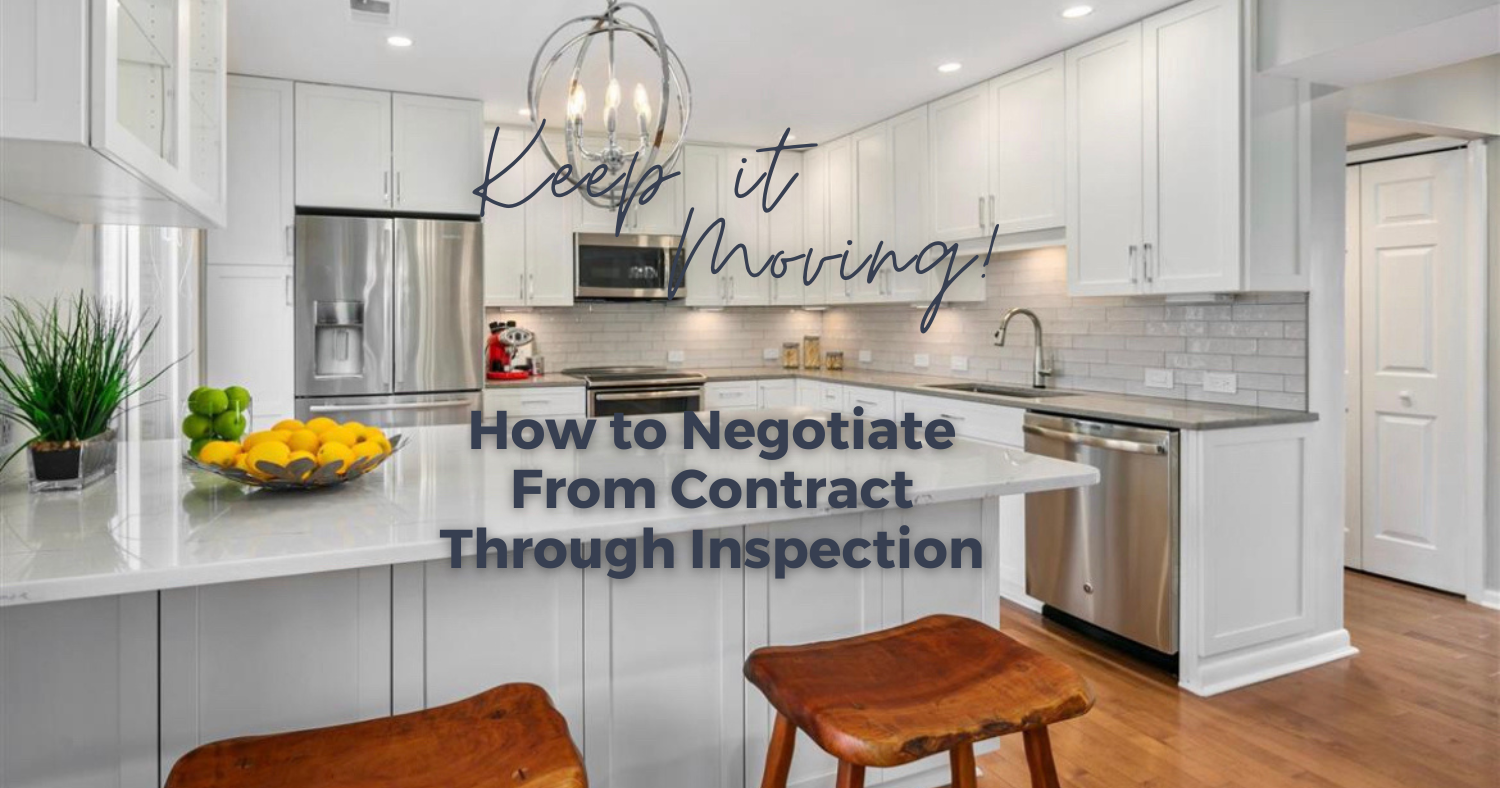Love Selling Your Home – Week 7
This is the seventh article in the series called, Love Selling Your Home: Minimize Your Stress, Maximize Your Profit, a step-by-step guide to selling your home. This series takes you through the entire home-selling process — from finding a real estate agent to settlement day.
Selling a home is an emotional experience for many of us. Your home is a part of who you are and where you’ve been at a certain stage of your life.
But, first and foremost, selling a home is actually a business transaction with a buyer. It can be hard to remember this at times!
That’s why you don’t want to get swayed by emotion. You could end up making negotiation mistakes that you’ll regret later in your final contract with the buyers. Remember, the outcome of this transaction can impact your next step in buying your next home.
Don’t forget that both you AND the buyer want to close the deal. So don’t have a “winner take all” mindset but be willing to compromise when necessary while still looking out for your best interests.
Your home is not sold until settlement day and it’s crucial to stay cool, calm and collected during the under contract phase, because that is when a lot of negotiating can happen that will make or break the sale.
Here are some smart tips for negotiating once your home is under contract:
- Determine the buyer’s motivation and timing.
Why does the buyer want to buy your home? Buyers can give clues to how long the process will take. They also may have a home to sell, which can complicate and prolong the proceedings. However, some circumstance (moving from out of town for a job, a baby on the way) can actually hasten your dealings. Keep your ears and eyes open so you have a better sense of what your buyers want.
- Keep the conversation going.
As a seller, you should always respond to an offer. By submitting a counter-offer, you can start a process in which you can see how high the buyer is willing to go. Remember, you want to keep the negotiation moving. The longer you stay in the negotiation, the more likely you’ll reach a satisfactory conclusion since all parties are invested in getting the deal done.
Also, if you have more than one offer, it’s usually best to disclose this information to all parties to maintain trust and to maximize your ability to obtain the best price.
- Have a positive outlook on contingencies to get the deal done.
As a seller, it is best to appreciate a buyer’s willingness to do business even if they have a contingency. You can do your part to make the sale successful, but also assess the situation before you do proceed with them.
This is especially true if there are any repair issues that may arise after the inspection. Be willing to work with the buyers and come to a mutual agreement. If they want you to fix the items before the sale can be completed OR you reduce the price so that they can hire their own contractors.
However, do be careful that you don’t accept an offer that contains a high-risk contingency like waiting for the buyer to sell their existing home, a long option period, or a buyer without approved financing. You don’t want this to lead to a dead end.
- Sweeten the deal if it gets you what you need or want in return.
Depending on market conditions and interest in your home, it’s not a bad idea to give a concession that can help seal the deal. It doesn’t have to be price, it can be financing, or something on the property the buyer may want. Making a concession keeps the negotiation process moving and shows you want to work with the buyers in some way. Remember, you want to move out of this house and not be stuck!
Many of my seller clients initially think that when their home is under contract, the deal is done. Not the case. There is SO MUCH that goes into making sure everyone actually gets to the settlement table. Most of what happens is behind the scenes and that’s a good thing—that means everything is going smoothly. But, if not managed properly, things go can haywire quickly. That’s why I like to make sure my clients know what’s going on at all times, so we can do everything we can to get everyone to the settlement table on time and with smiles on their faces. 🙂


